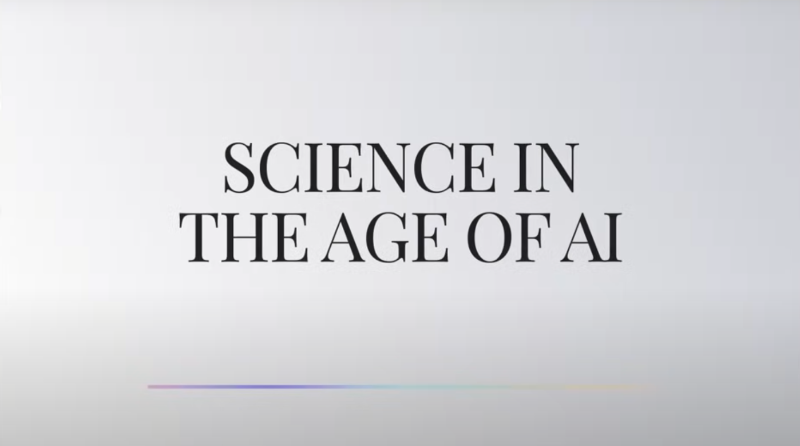Image by freepik
In October 2023, President Biden signed an Executive Order (EO) that aims to regulate artificial intelligence (AI) across various sectors. One of the most impacted sectors is health care, which intersects heavily with technological advancements. AI is already revolutionizing analytics, diagnostics, and treatment development. This Executive Order is crucial for health care practitioners, researchers, and legal experts. Here are some key takeaways:
AI in Drug Discovery
The White House prioritizes national security measures in regulating AI, including biological security risks. The EO lists biotechnology as a "pressing security risk," and the Secretary of Commerce is tasked with enforcing detailed reporting requirements for AI use in developing biological outputs that could pose security risks. These reporting requirements may affect AI-mediated drug discovery enterprises. Machine learning is invaluable in drug development due to its processing power, enabling the identification of target molecules and potential drugs more efficiently. However, the large amount of biological data required for these models makes them similar to those deemed security risks by the White House. The EO mentions model capacity and "size" cutoffs for heightened monitoring, which will likely cover many Big-Tech AI models used in drug discovery.
Privacy and Security
The EO emphasizes the importance of privacy-enhancing technologies (PETs) in health care. Health information is particularly sensitive, and breaches can cause significant personal harm. AI-powered PETs can protect data while enhancing analytic capabilities. These technologies can use medical records and other health data to facilitate de-identified public health data sharing and improve diagnostics. The push towards de-identified health care data sharing can help mitigate the risks associated with AI's capabilities on personal information.
Impact on Health Care
The EO renews the push for Congress to pass federal legislation to formalize data protections, which will significantly impact health care and biotechnology. Whether this will result in entire subsections or separate bills for health care is a matter of when, not if. Some companies believe that sweeping AI regulations are premature, while others think the EO alone is insufficient without meaningful congressional action. The next steps should avoid favoring highly-resourced companies at the expense of competition and encourage coordinated action to ensure essential protections in privacy and health security.
Addressing AI-Facilitated Discrimination
One of the EO's most pressing issues is AI-facilitated discrimination in health care. The White House directs the Department of Health and Human Services (HHS) to create a comprehensive strategy to monitor outcomes and quality of AI-enabled health care tools. These tools, trained on data with encoded biases from historic and systemic discrimination, risk entrenching inequitable patient care and health outcomes. Specific regulatory guidance is needed to address and reform algorithmic decision-making to uncoding bias. The AI Bill of Rights' "Human Alternatives, Collaboration, and Fallback" will likely see more human intervention in generating decisions using these models.
The HHS AI Task Force
One of the most impactful measures for health care is the White House's directive to the Department of Health and Human Services (HHS) to form an AI Task Force by January 2024. This group is tasked with building out the principles in the White House's 2022 AI Bill of Rights, prioritizing patient safety, quality, and protection of rights. The Task Force's regulatory action plan will have major consequences, especially in protecting personally identifiable data in health care. The EO emphasizes the importance of privacy protections, and the HHS Task Force's directive to develop measures for protecting this data will be a significant development.
Conclusion
The EO leaves more questions than answers but signals a significant shift in how AI will be regulated in the health care and biotech sectors. The focus on privacy-enhancing technologies, federal legislation, and addressing AI-facilitated discrimination are crucial steps towards ensuring that AI's benefits are realized without compromising security and equity. As the market responds to these new requirements and costs, the competitive field will undoubtedly evolve. The health care sector should be on notice for what's to come, as these changes will shape the future of health and biotech in the age of AI.








Post comments